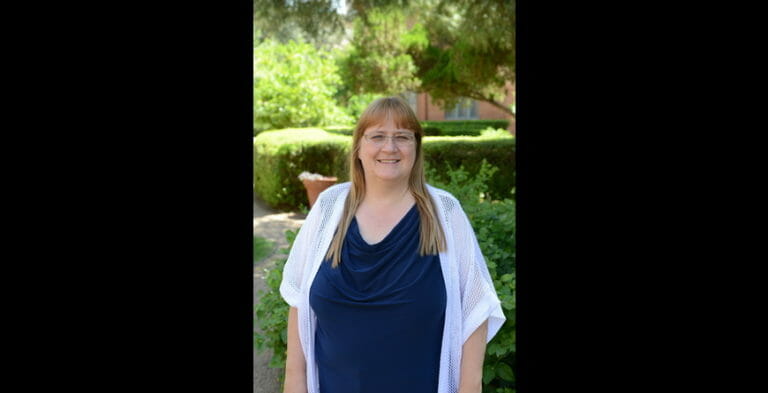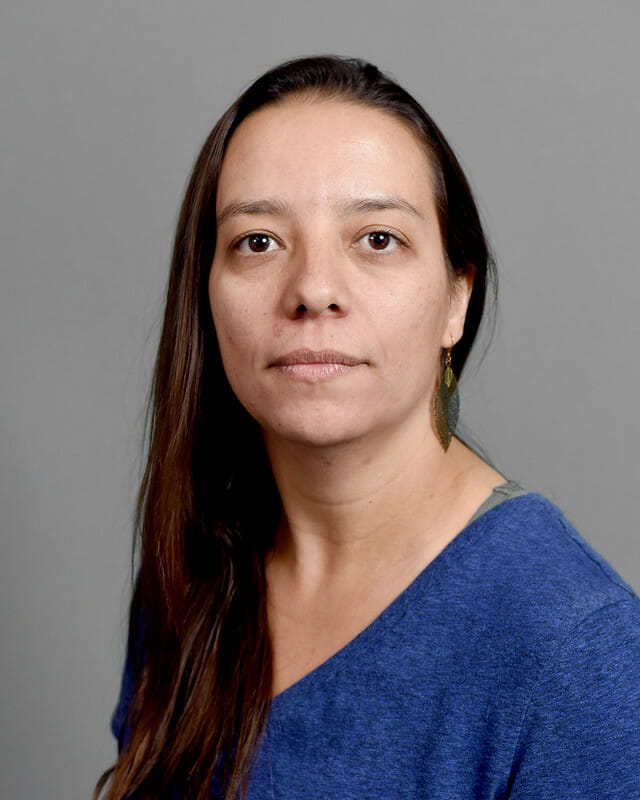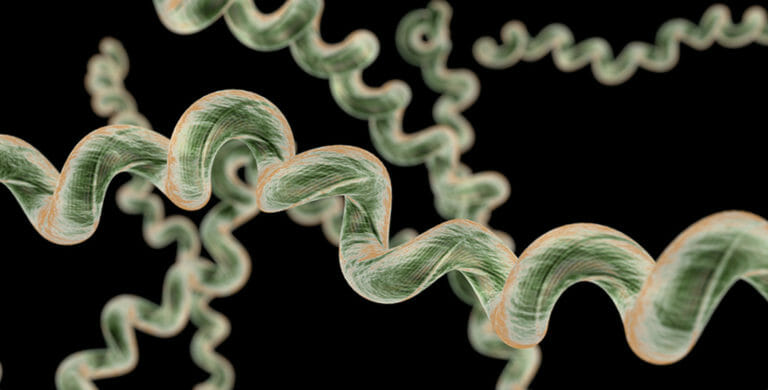Training budding innovators to challenge the impossible
Innovations in Medicine

Training budding innovators to challenge the impossible
Editor’s note: This is the second in a series of profiles of former faculty, staff and student workers at ASU’s Biodesign Institute in celebration of its 20th anniversary. Read the

New study targets molecular culprit of liver disease
Some 80-100 million people in the US have a serious medical condition known as non-alcoholic fatty liver disease (NAFLD). The affliction is caused by abnormal retention of fat within cells

Woodbury named CEO of Science Foundation Arizona
Neal Woodbury, interim executive vice president of Arizona State University's Knowledge Enterprise and chief science and technology officer, has been named chief executive officer of Science Foundation Arizona (SFAz). SFAz

Cost-effective cancer vaccine offers promise for prevention and treatment
Being diagnosed with cancer is always alarming and too often, grim. An ancient disease, cancer is still with us, though treatment options remain limited, painful and frequently unsuccessful. What if we

Cancer paper makes Top 100
News that Stephen Albert Johnston’s published approach to cancer prevention is one of 2019’s most downloaded papers in cancer research is testament to scientific interest in breakaway approaches to cancer.

Philanthropy: It’s not ‘all about the ‘Benjamins’
I remember it like it was yesterday. I was 14. My mom and dad sat me down at the kitchen table and said, “Look, this is going to be a

2 ASU professors named senior members of National Academy of Inventors
The National Academy of Inventors has named Arizona State University professors Neal Woodbury and Sarma Vrudhula to the February 2020 class of NAI senior members. Senior members are active faculty, scientists and administrators who

12 leading medical centers unite to form brain tumor research collaborative
Researchers at the Biodesign Institute at Arizona State University will join a 12-institution consortium to combine forces to develop new treatments that will improve the quality of life and long-term

One step closer: Membrane protein structure expressed in Lyme disease could offer therapeutic target
Stories of those afflicted with Lyme disease abound and cases appear to be on the rise. Yet few are aware of the symptoms, severity or cause of this disease, which is notoriously difficult to diagnose and treat. Lyme disease, which is caused by the Borrelia burgdorferi spirochete bacteria, is transmitted from ticks to humans. It represents the most common vector-borne illness in the Northern Hemisphere, and in the United States alone, there are 300,000 cases annually. As the number of cases